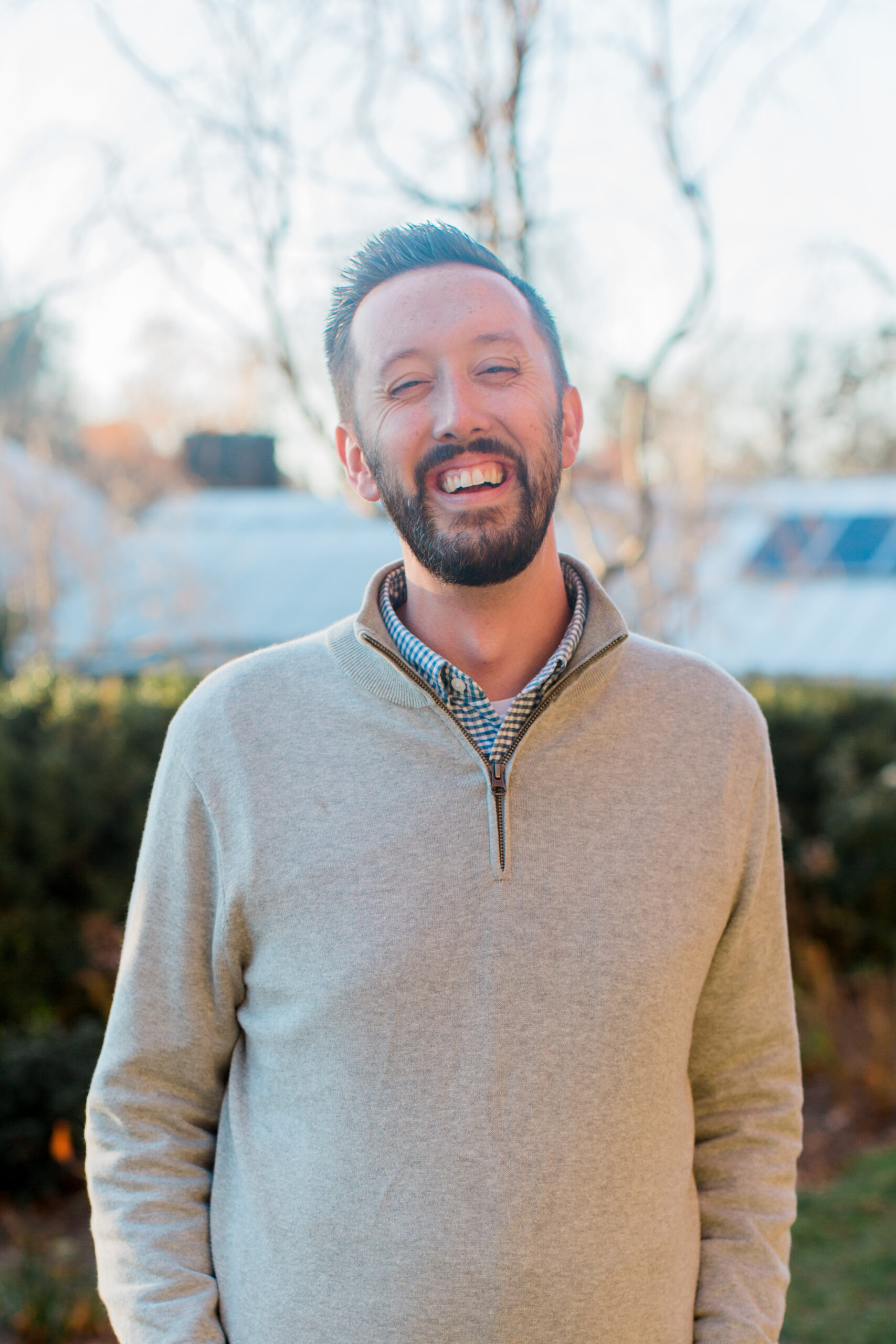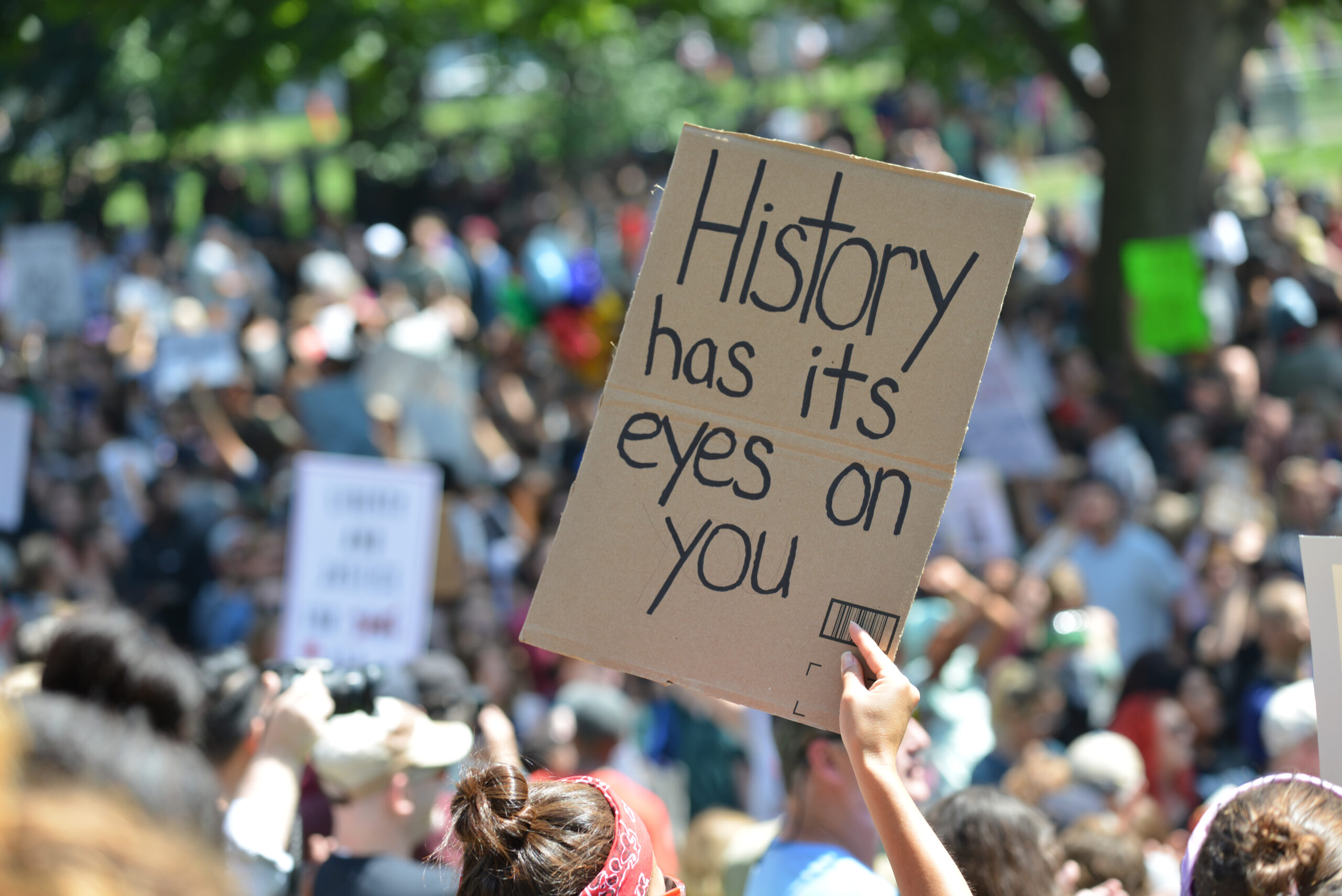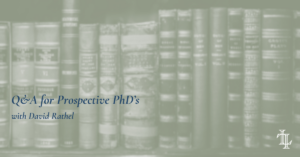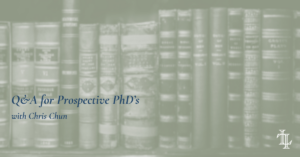Editor’s Note: This is part 1 in our Lyceum Disputation series from various historians considering competing visions of historical methodology. See Part 2 here and stay tuned for further installments. As with all our work, the London Lyceum publishes a range of viewpoints to encourage thinking.
There exists today a growing trend among historians that represents a significant departure from the traditional scholarly approach to writing and teaching history. This trend involves the merging of history and activism to form essentially an entirely new genre which is part historical narrative and part advocacy. As a genre, it might be referred to as “pop history,” but perhaps a more technical title would be activist historiography.
Today, examples of activist historiography abound. In the wider culture, one might see this approach to history most noticeably in the highly-politicized 1619 Project. The project aims not only to construct a new historical narrative concerning the origin story of the United States, but also to advocate for social change. It is history and activism woven together into one cohesive program.
In evangelical circles, one can see the work of activist historiography in authors like Jemar Tisby and Beth Allison Barr. To my knowledge, both would gladly accept that label being attached to their work. After all, Barr’s tremendously popular book, The Making of Biblical Womanhood, begins with the line, “I never meant to be an activist” (p. 1) and ends with a rousing call to Christian women to “Go, be free!” (p. 218). These are hardly the sentiments one would expect to find in a work of academic history, but perhaps that is not the kind of book Barr set out to write. I imagine she would be comfortable being regarded as an activist historian as she intends her work to be a catalyst for cultural change.
Tisby, for his part, has also identified himself with activist historiography. His book, The Color of Compromise, fits neatly within this genre. Tisby, along with Barr, Kristin Kobes Du Mez, Phillipp Gollner, and Kathryn Lofton participated in a panel discussion together in January 2020 at the Conference on Faith and History. The topic for the panel was “Educating for Activism?: Historians & Politics in the Contemporary United States.” Coming out of the panel, Tisby penned an essay for the Summer/Fall 2020 issue of the Conference’s journal, Fides et Historia, titled “Educating for Activism…with an Exclamation Point!” In the essay he writes:
The title of our forum was ‘Educating for Activism?” But why the question mark? Why the uncertainty and hesitancy? What part of educating for the purpose of activism forced the interrogative? Why not a simple declarative statement?… For me as a historian, a Black man, and a conscientious citizen, educating for activism does not end with a question mark but an exclamation point. It is an emphatic proposition, and indispensable duty of the craft. I do not say that the only purpose of education is activism. Knowledge and the pursuit of truth are ennobling efforts in themselves. But we are living in an age of rapid change whose momentum will lead us either to an inclusive, multiracial democracy or fascist demagoguery. Our present realities persuade me that educating for activism is not an interruption of the academic mission but a critical component of it. In the end, the most pressing question is not whether to educate for activism but why some historians choose not to.[1]
Does activism belong in history departments? Tisby, in essence, says, “Of course!” Activism is a critical part of the academic enterprise and is perhaps its loftiest goal.
Carl Trueman has spoken of “Western society’s relentless purge of the pre-political.”[2] Apparently, that has come to include the discipline of history as well. In other words, even history must come to serve political agendas. And it appears historians like Barr and Tisby do not object. They both aim to utilize history to advocate for social change and for particular political and cultural agendas. In this approach to history, which foregrounds activism, history becomes essentially a means to an end. It is a tool to transform society.
Obscuring the History
Activist historiography represents a significant and serious departure from the traditional approach to academic history in Western history departments over the last 300 years. In fact, in many classic texts on historical method, such as E. H. Carr’s What is History? or Marc Bloch’s The Historian’s Craft, students are specifically instructed not to permit activism to enter the work of history. This is because the historian’s task is essentially to tell the world what happened in as fair, objective, and unbiased a manner as possible. The historian aims to represent the facts wherever they may take him. He cannot begin with an agenda and expect to then produce a fair and accurate reading of history. He is not supposed to construct a partisan narrative, but is to provide an accurate telling of what actually happened in time and space.
It is, of course, granted that history can never be a purely objective endeavor, but it can nonetheless be regulated by objective principles of historical inquiry, which historians have labored to craft and refine for centuries. True, there is a sense in which no account of history can be completely unbiased, but it must be acknowledged that there is a significant difference between the way traditional historians and activist historians interact with the matter of bias. Traditional historians do everything they can to eliminate, or at least minimize their own bias and their own moral intuitions and judgments. They understand this to be a foundational requirement of their discipline. Activist historians, on the other hand, are more ambivalent toward bias, and in some cases see it as their responsibility to incorporate their own moral instincts and judgments into their work. After all, activism by definition cannot be neutral or objective. It is part of the very nature of activism to bring one’s moral instincts to bear.
But someone might ask, so what if we merge history with activism? Shouldn’t history inform our politics, our ethics, and our society as a whole? The answer may be yes, but that all depends on how one gets there. Critical historiography certainly can shape culture and society, but only indirectly. History tells the story of what happened and how it happened. It is inherently a descriptive discipline, not prescriptive. Of course, theologians, ethicists, and politicians are free to then take the work of historians and argue prescriptively about how the world should be in light of the history. But that is not principally the historian’s task. The historian doesn’t answer ethical or theological questions any more than a scientist answers metaphysical or philosophical questions. However, this is precisely what history as activism attempts to do. Activist historiography uses history to make prescriptive and dogmatic statements about ethics, morality, politics, theology, matters of public policy, etc. History as activism essentially moves across disciplines and actually morphs into an entirely new discipline all on its own. In this new discipline, the role of history is no longer to inform only, but to advocate for a pre-determined principle or cause.
Thus, activist historiography, unlike traditional academic history, does not begin with a non-partisan investigation into the facts of history. It begins with advocacy, with a cause to be advanced. History then becomes a tool or a weapon to advance the cause. Activist historiography does not attempt to carefully develop as objective, accurate, and nuanced an historical narrative as possible, but rather weaponizes history to advance a particular political, social, or polemical agenda. Activist historiography begins not with a search for the often nuanced and complex truth of history, but with a pursuit of a particular historical narrative that will serve the cause. It’s been said if all you have is a hammer, everything looks like a nail. Similarly, if an historian begins with a cause to advance, the historical data tends to be flattened to become a servant to the cause.
The problem with this approach is that it actually jeopardizes and obscures our view of the past. History is no longer about a careful, critical, and fair investigation into the facts. History is about advancing an agenda and advocating for a cause, which compromises the discipline of history itself. In other words, when one embarks on a project of activist historiography, he is no longer doing history, but something else altogether. And this something else actually comes into conflict with the discipline of history. Instead of critical, nuanced, and unbiased historical narratives, the history becomes laden with, and obscured by, partisanship, bias, and polemics.
Stoking Confusion and Division
Perhaps this activist historiography would not be so bad if those who were reading it understood what they were reading, and if authors were completely forthright about their biases and their agendas. The problem is this is rarely the case. Activist historiography often parades itself as serious and unbiased history, thereby blurring the lines and distorting the historical picture. This is particularly dangerous because it can easily take advantage of the ignorance of the reader, who, presumably unfamiliar with the history, thinks he or she is reading a book that contains a credible presentation of the facts of history as they are. However, what they usually get instead is a highly misshapen view of history held captive to a political agenda. This is nothing less than the abuse, exploitation, and oppression of history, to say nothing of the reader.
The weaponizing of history through activist historiography is a profoundly negative trend, regardless of which “side” is guilty of it. Above, I mentioned two progressive scholars in Barr and Tisby, but the same criticism holds true for authors on the far right such as Eric Metaxas or David Barton. Activist historiography does little to advance the knowledge of history, and actually obscures and confuses the historical record, producing narratives that distort reality rather than illuminate it. Furthermore, these distorted narratives contribute in a major way to growing polarization and tribalism, in addition to numerous other social maladies.
At this point, it must be said that the genre of activist historiography is not new, nor is it typically limited to one “side” in issues under debate. It was popular among Catholics and Protestants in Europe in the sixteenth century, Anglicans and Nonconformists in Britain in the seventeenth century, and evangelicals and modernists in America in the twentieth century. The formula is a familiar one—warring parties create rival historical narratives and then marshal them for battle against one another to serve their larger polemical agendas. Such approaches to history can usually be spotted by their selective use of historical data, their sketchy documentation and source work, and their highly partisan interpretation of historical figures and events.
These flaws are the inevitable result when activists write history. Instead of careful objective historical research, their work more often comes to embody highly polemical works that reflect the author’s politics, individual experiences, and personal moral intuitions. These are all things historians should at least attempt to diminish when they write serious history. But many activist historians actually foreground them in their books. Why wouldn’t they if history is meant to serve an agenda?
Where Do We Go from Here?
One antidote to this toxic approach to history, assuming activists will not be vacating the field any time soon, is for historians and scholars to identify such activist historiography wherever they find it and expose its shortcomings. True historians committed to rigorous and objective history are needed now more than ever, and they themselves must resist the temptation to succumb to activism in their work. Moreover, they should lead the way in thwarting the spread of activism in their field both by writing good and honest history themselves, and by identifying and refuting activism in the historical work of others. They must lead the way in exposing how activist historiography represents a departure from the noble discipline of history, how it feeds social fracture and division, and how it actually alienates the truth, the very thing historians aim to obtain.
A second antidote is for readers themselves to recognize that activist historiography is a thriving genre of literature, and they should learn to identify it when they see it.[3] Readers must equip themselves with the tools to discern credible history from propaganda, careful research from an agenda, and sound historical interpretation from activism. The reader must always remember the basic interpretive principle that understanding a text’s genre is foundational to properly interpreting and utilizing a text. Simply put, academic history and activist historiography are different genres altogether, and should be understood and interpreted in very different ways.
Moreover, it must be said, if the discipline of history becomes solely the province of activists, it will be lost altogether. True history will not abide activism. History is concerned with facts, which, as John Adams told us, are stubborn things. “Whatever may be our wishes, our inclinations, or the dictates of our passion,” he said, “they cannot alter the state of facts and evidence.” The historian is principally the servant of the truth. The historian tells us what was, not what he wishes would have been or what he hopes will one day be. The historian’s chief task is to tell the world what happened in as accurate and unbiased a manner as can be achieved. What one then does with the history is not his concern. He has told the truth, which is all that was ever asked of him.
Editor’s Note: The London Lyceum publishes a range of original pieces and book reviews from various faith traditions and viewpoints. It is not the mission of the London Lyceum to always publish work that agrees with our confession of faith. Therefore, the thoughts within the articles and reviews may or may not reflect our confessional commitments and are the opinions of the author alone. Rather, we seek to generate thinking and foster an intellectual culture of charity, curiosity, critical thinking, and cheerful confessionalism.
[1] Jemar Tisby, “Educating for Activism…with an Exclamation Point!” Fides et Historia, vol. 52, no. 2, summer-fall 2020, pp. 88–91
[2] Carl Trueman, “Common Prayer, Or Predictable Politics,” July 10, 2018, accessed January 29, 2022, https://www.firstthings.com/web-exclusives/2018/07/common-prayer-or-predictable-politics.
[3] For a couple of good, accessible introductions to historical method I suggest John Lewis Gaddis’ The Landscape of History (Oxford University Press, 2004) and Carl Trueman’s Histories and Fallacies (Crossway, 2010).
Author
-

Alex DiPrima is the pastor of Emmanuel Church of Winston Salem. He holds a Ph.D. (SEBTS) in historical theology with a concentration on the ministry of Charles Haddon Spurgeon. He is the editor of Spurgeon on Pastoral Ministry (H&E, 2022) and author of Spurgeon and the Poor (Reformation Heritage, 2023).
View all postsRecent Posts





